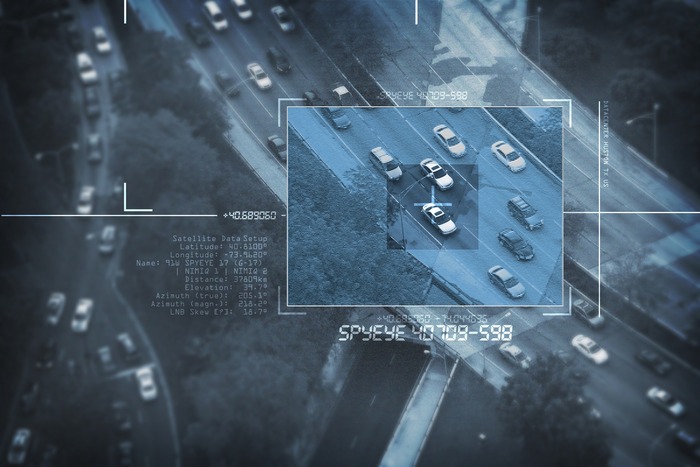
- May 15, 2024
- |security guard company
- | 0
Search and Rescue Operations –
Search and rescue operations are vital endeavors aimed at locating and rescuing individuals who are lost, injured, or in distress in various environments. Led by skilled professionals, these operations involve meticulous planning, coordination, and execution to ensure the safe recovery of missing persons. In this article, we explore the comprehensive journey of search and rescue operations, from initial response to successful outcomes.
Understanding Search and Rescue Operations
Search and rescue (SAR) operations encompass a range of activities conducted to locate and assist individuals in emergency situations. These operations may involve:
1. Initial Response: Prompt deployment of search and rescue teams in response to reports of missing persons or distress calls from individuals in need of assistance.
2. Search Efforts: Systematic search efforts conducted in designated areas, utilizing various techniques and resources to locate missing persons, including ground searches, aerial reconnaissance, K-9 units, and specialized equipment.
3. Rescue Operations: Rescue operations to safely extract individuals from hazardous environments, provide medical assistance, and transport them to safety.
4. Recovery and Rehabilitation: Recovery of deceased individuals, if necessary, and provision of support services to survivors, including medical care, counseling, and reunification with loved ones.
The Planning Phase: Coordination and Preparation
Before initiating search and rescue operations, careful planning and coordination are essential to ensure the effectiveness and safety of the mission. This phase involves:
1. Assessment of Information: Evaluation of available information, including last known location, circumstances of the disappearance, terrain features, weather conditions, and any other relevant factors.
2. Resource Allocation: Allocation of personnel, equipment, and resources based on the nature of the incident, the size of the search area, and the level of urgency.
3. Risk Assessment: Identification and mitigation of potential risks and hazards associated with the search and rescue operation, including terrain challenges, adverse weather conditions, and environmental hazards.
4. Communication and Collaboration: Coordination with other agencies, including law enforcement, emergency services, volunteer organizations, and community stakeholders, to facilitate a unified and effective response.
The Search Phase: Methodical Exploration and Investigation
During the search phase, search and rescue teams conduct systematic exploration and investigation of the designated search area. This phase involves:
1. Search Strategy: Development of a search strategy based on available information, terrain analysis, and search techniques, such as grid searches, line searches, and spiral searches.
2. Deployment of Resources: Deployment of search teams, including ground teams, K-9 units, aerial reconnaissance, and specialized teams equipped with advanced technology and equipment, such as drones, thermal imaging, and GPS tracking.
3. Documentation and Recording: Documentation of search activities, including search areas covered, observations made, clues found, and any potential leads or sightings. Accurate recording of information is essential for tracking progress and adjusting search efforts as needed.
4. Continuous Evaluation: Ongoing evaluation of search progress, effectiveness of search techniques, and any new information or developments that may impact search priorities and strategies.
The Rescue Phase: Safe Extraction and Assistance
In the event of locating missing individuals, search and rescue teams proceed with rescue operations to safely extract them from the environment and provide necessary assistance. This phase involves:
1. Medical Assessment: Initial medical assessment of the rescued individuals to determine their condition and any immediate medical needs. First aid and medical treatment may be provided on-site or during transportation to medical facilities.
2. Extraction Techniques: Utilization of appropriate extraction techniques, equipment, and personnel to safely remove individuals from hazardous environments, such as steep terrain, water bodies, or collapsed structures.
3. Transportation and Evacuation: Transportation of rescued individuals to designated evacuation points, staging areas, or medical facilities for further evaluation, treatment, and support services.
4. Reunification and Support: Reunification of rescued individuals with their families or loved ones, along with provision of support services, including emotional support, counseling, and assistance with logistics and accommodations.
The Recovery Phase: Closure and Follow-Up
In cases where missing persons are not found alive, search and rescue operations transition to recovery efforts to locate and recover deceased individuals. This phase involves:
1. Recovery Operations: Conducting recovery operations to locate and recover deceased individuals, utilizing specialized techniques and equipment to preserve evidence and ensure dignity and respect for the deceased and their families.
2. Notification and Closure: Notification of family members or next of kin regarding the outcome of the search and rescue operation. Providing support and assistance to families during the grieving process and facilitating closure.
3. Debriefing and Evaluation: Debriefing of search and rescue teams to review the operation, assess performance, identify lessons learned, and implement recommendations for improvement in future operations.
4. Community Outreach: Engaging with the community to provide updates on the search and rescue operation, share safety information, and foster community resilience and preparedness for future emergencies.
Search and rescue operations represent a critical lifeline for individuals in distress, providing hope, assistance, and salvation in times of crisis. From the meticulous planning and coordination of resources to the methodical search efforts and ultimately the safe recovery or resolution of incidents, search and rescue operations embody the dedication, professionalism, and compassion of search and rescue teams.
At XPressGuards, we recognize the invaluable contribution of search and rescue professionals and remain committed to supporting their efforts to safeguard lives and promote safety and security in our communities. Contact us now to learn more.


